Discover how Bozzuto is revolutionizing the housing landscape near Washington D.C. with innovative Accessory Dwelling Units (ADUs). These compact, self-contained living spaces present an adaptable solution to urban housing challenges, providing both affordability and versatility for homeowners and tenants. Bozzuto's approach emphasizes design efficacy and community integration, making ADUs a standout alternative amid rising urbanization.
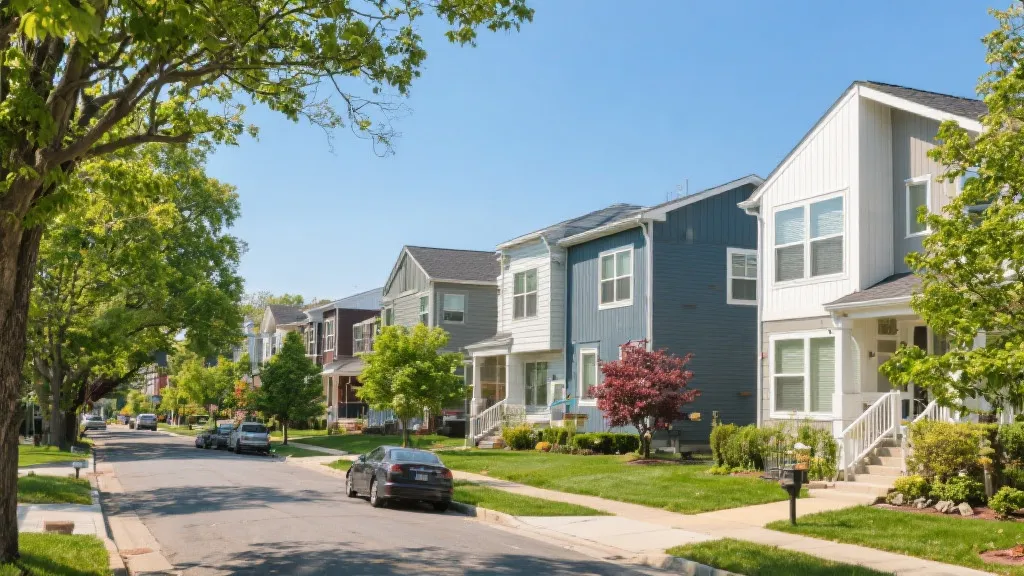
In recent years, there has been a considerable shift in urban housing strategies, with Accessory Dwelling Units (ADUs) emerging as a promising solution to meet the increasing demand for affordable and versatile living spaces. In the region near Washington D.C., Bozzuto, a renowned real estate development and management company, is at the forefront of this evolution, integrating ADUs into its comprehensive housing offerings. This growing interest in ADUs reflects broader trends in urban planning, demographics, and housing policies aimed at addressing the urgent need for sustainable and affordable housing options in metropolitan areas.
Accessory Dwelling Units, commonly known as ADUs, are small, self-contained residential units located on the same property as a single-family home. They include all essential living facilities such as a kitchen, bathroom, and sleeping area, but they are distinctly separate from the primary residence. This concept not only provides additional living space for family members or renters but also enhances property value and utilizes existing infrastructure efficiently. ADUs can take various forms—inside existing homes, above garages, or as standalone structures—and their flexibility makes them an attractive housing solution in densely populated urban areas.
ADUs can be categorized into several types, each offering unique advantages and considerations:
The diverse forms of ADUs are particularly suited to various land types, zoning laws, and homeowner preferences, making these structures a versatile option for urban and suburban environments alike.
Bozzuto’s foray into the ADU market demonstrates its commitment to providing innovative and practical solutions tailored to urban living challenges. Recognizing the housing crunch in Washington D.C. and surrounding areas, Bozzuto has crafted ADUs that seamlessly blend with existing neighborhoods. Their designs emphasize aesthetics, functionality, and sustainability, ensuring that each unit integrates naturally into the built environment without sacrificing comfort or style. The company employs creative architectural strategies to maximize space utilization while maintaining a contemporary appeal that resonates with modern urban lifestyles.
ADUs serve multiple purposes, boosting the availability of affordable housing and allowing homeowners to capitalize on unused space. Their compact size makes them well-suited for urban areas, where real estate can be scarce and expensive. Moreover, ADUs support multigenerational living, enabling families to stay connected while maintaining privacy and independence. For example, grandparents can live nearby while allowing their grandchildren and children to enjoy their own private living spaces.
Furthermore, ADUs contribute to neighborhood diversity by accommodating individuals of different ages and socio-economic backgrounds. They can house young professionals, students, or lower-income families, adding cultural richness to communities and promoting social cohesion. As cities evolve, the inclusion of ADUs in community planning can significantly impact urban landscape and demographics.
In addition, the flexibility of ADU design allows for various functionalities. They can serve as home offices, studios for artists, or spaces for hobbies, which further enhances the quality of life for residents. The ability to adapt an ADU’s purpose according to personal or family needs makes them a valuable asset for homeowners, especially in the context of increasing remote work opportunities and changing lifestyle demands.
In D.C., regulatory policies have evolved to support the integration of ADUs in response to rising housing needs. Homeowners interested in developing an ADU must comply with specific local zoning laws and building codes. Key considerations include lot size, unit size, occupancy limits, and parking requirements. Understanding these regulations is crucial to successfully navigating the ADU development process.
Homeowners must engage with local authorities early in the planning process to ensure compliance with these regulations. Consulting with professionals like Bozzuto can facilitate this process, guiding them through the necessary permits and inspections required for successful construction.
While the advantages of ADUs are significant, homeowners and developers may face challenges such as navigating complex permitting processes, ensuring sufficient utilities access, and upholding architectural consistency with existing properties. Additionally, financing ADU construction might demand specific loan products or financial planning. Understanding the financial implications of ADU construction is critical to making informed decisions about investments.
To mitigate these challenges, proactive communication with stakeholders and local communities can be essential. Engaging in neighborhood meetings, understanding community concerns, and presenting the benefits of ADUs can foster goodwill and ease the acceptance process.
In summary, Bozzuto is making significant strides in addressing housing concerns near Washington D.C. by implementing ADU solutions. These units offer a novel approach to urban living, advocating for sustainability, flexibility, and community enhancement. As the demand for adaptable housing solutions grows, Bozzuto stands as a key player influencing positive change in the local real estate landscape. The incorporation of ADUs represents not just a method to increase housing stock but also a lifestyle shift toward more sustainable living practices. As cities continue to evolve, the role of ADUs will likely expand, paving the way for innovative housing solutions that meet 21st-century urban challenges.
The future of urban housing lies in creative solutions like ADUs, which cater to the pressing needs for affordable housing, adaptability, and environmental responsibility. Through collaboration between developers, homeowners, and policymakers, the potential of ADUs can be realized, leading to stronger, more diverse communities that support residents of all backgrounds and life stages. Embracing this trend may very well redefine the fabric of urban neighborhoods, creating vibrant, interconnected living spaces for generations to come.
Understanding Sme Neobank Impact

Exploring Webbank and Its Competitors

Discover Westminster Plaza Orlando
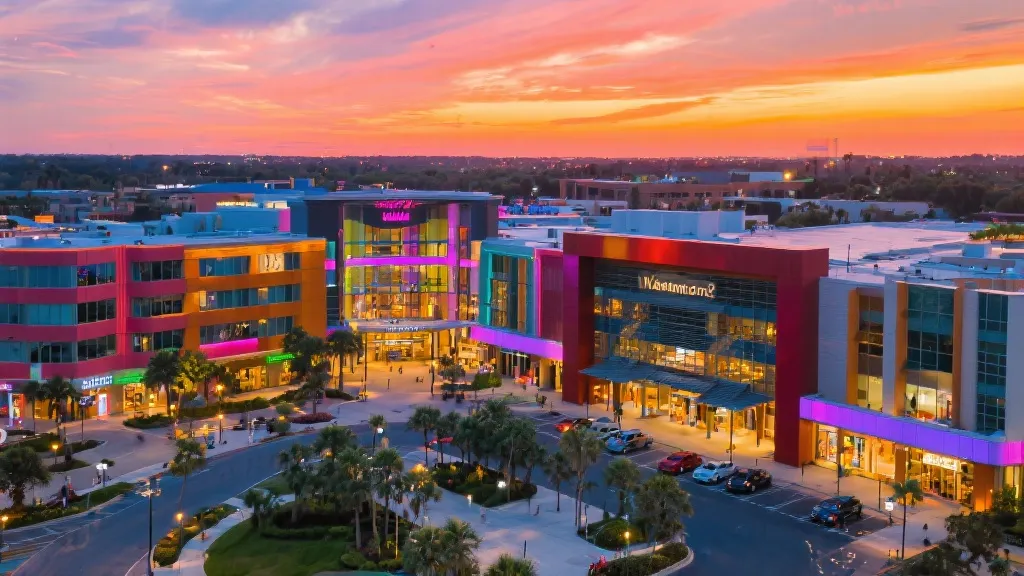
Discover Heartis Eagle Mountain Elegance
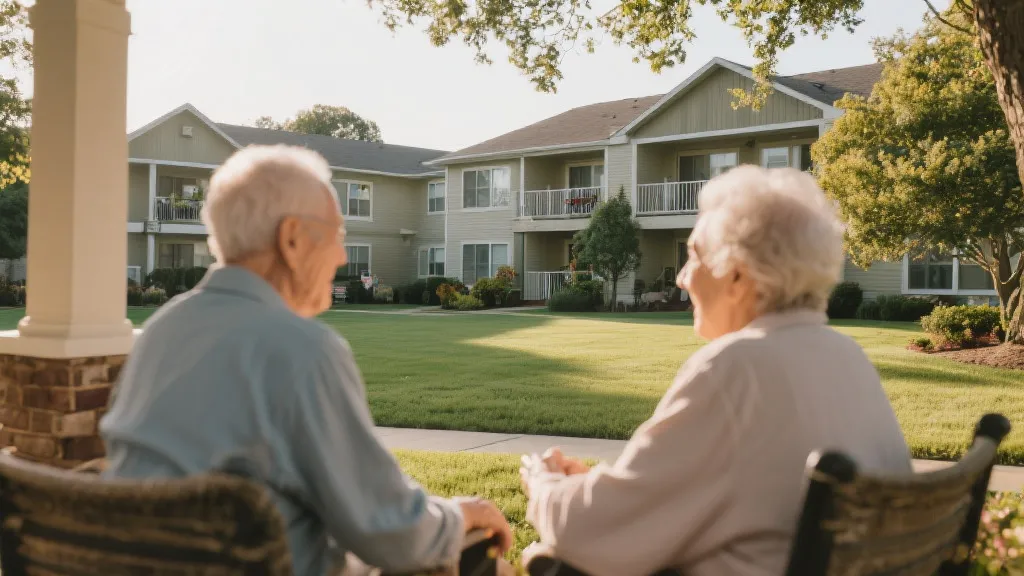
Westminster Plaza Orlando: A Comprehensive Guide
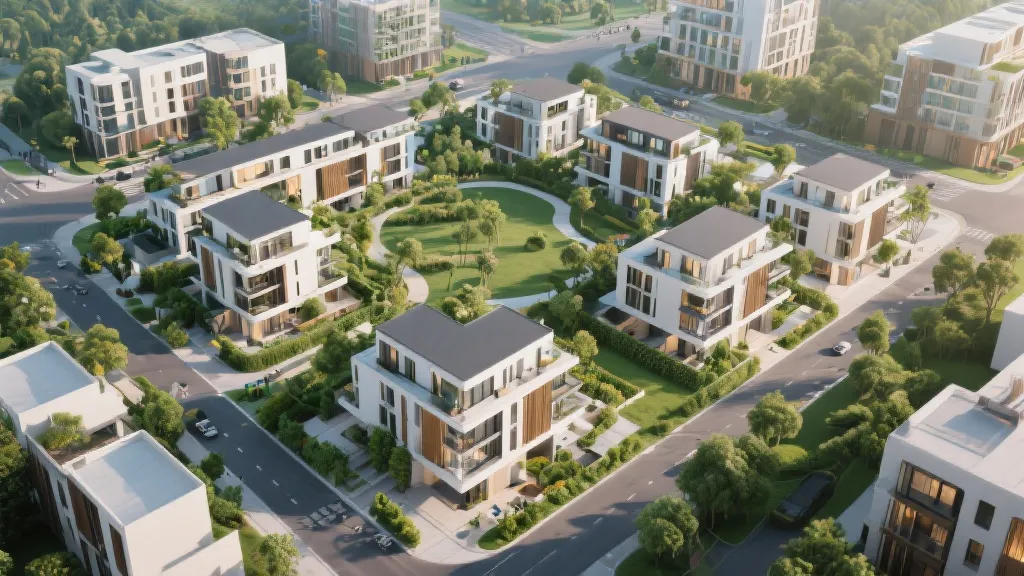
Transforming Banking with Sme Neobank

Discovering Westminster Plaza Orlando
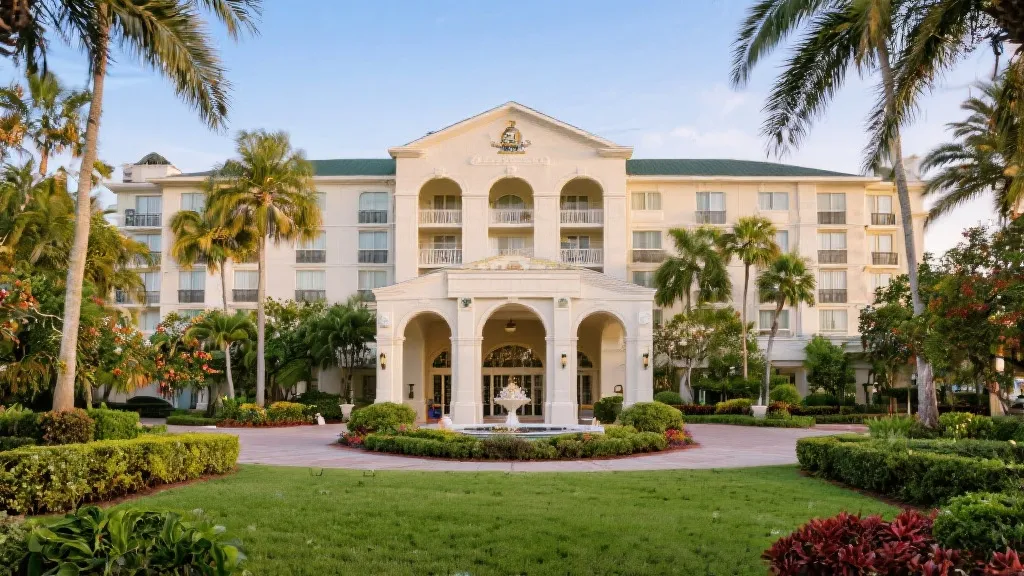
Discovering Westminster Plaza Orlando
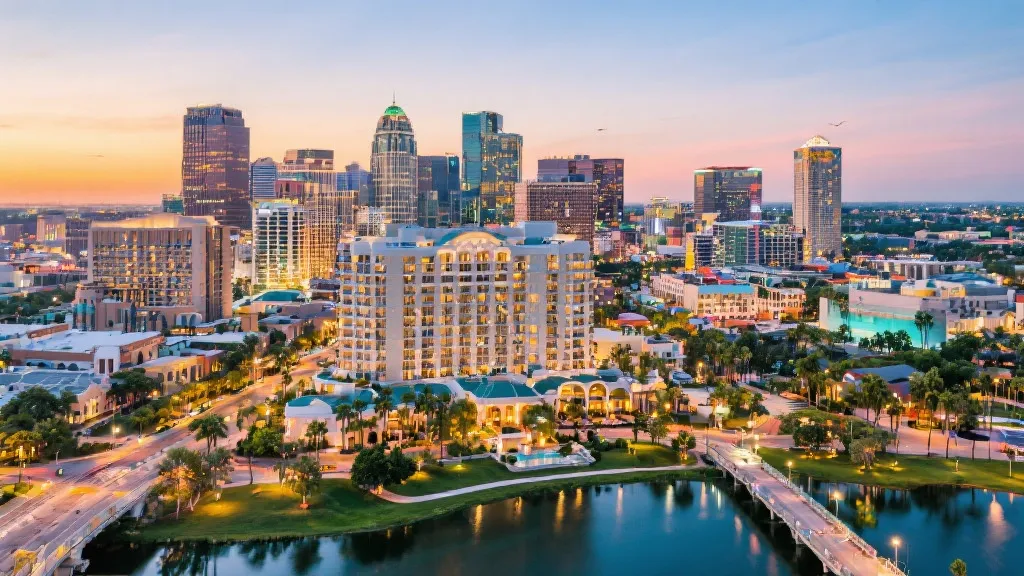
Life Insurance for Seniors: Maximizing Coverage and Benefits
